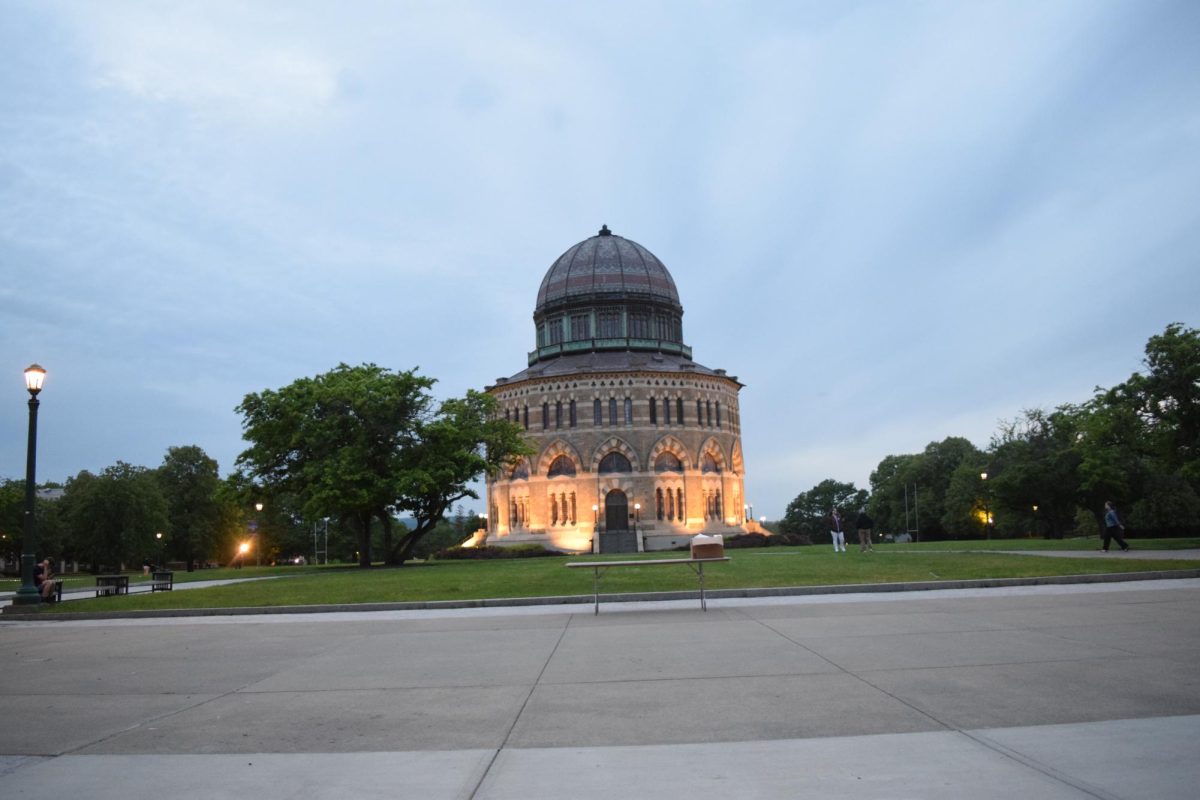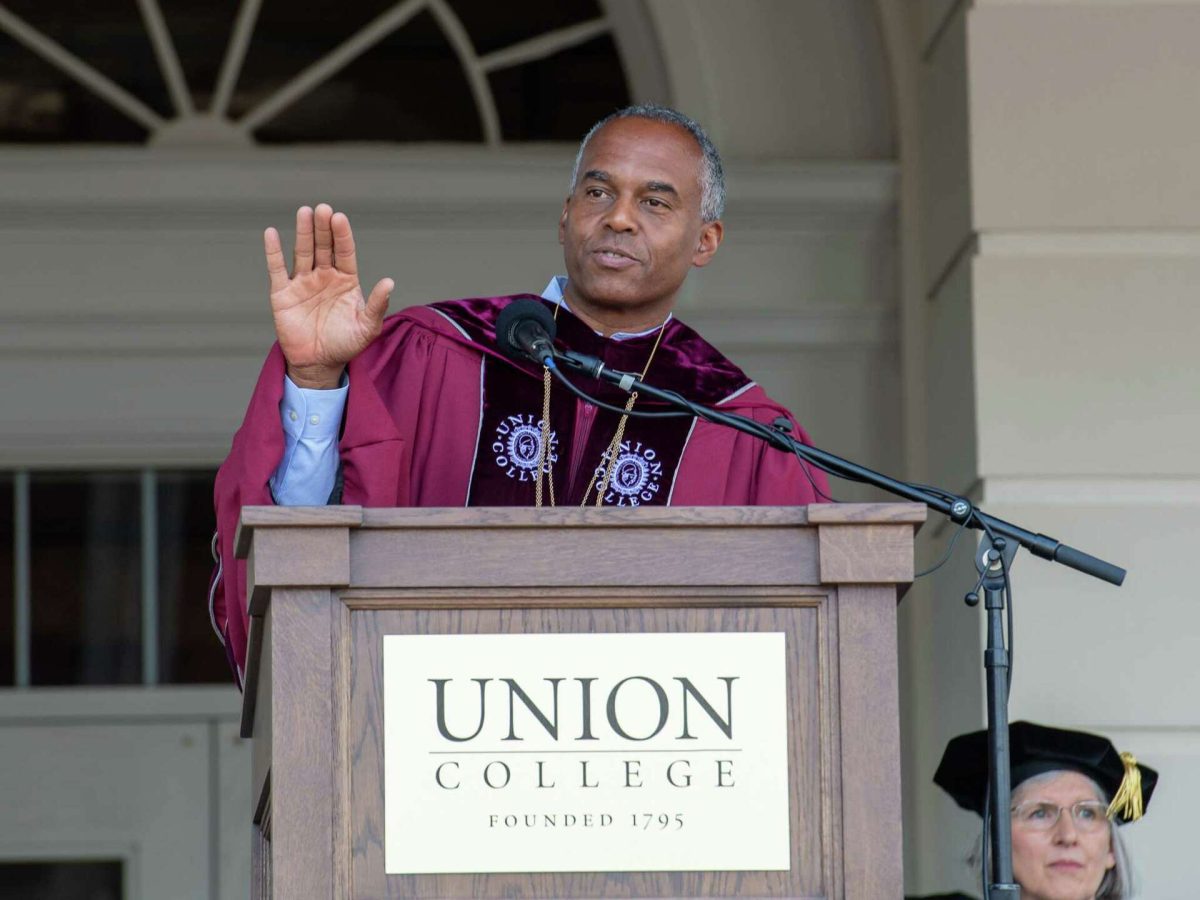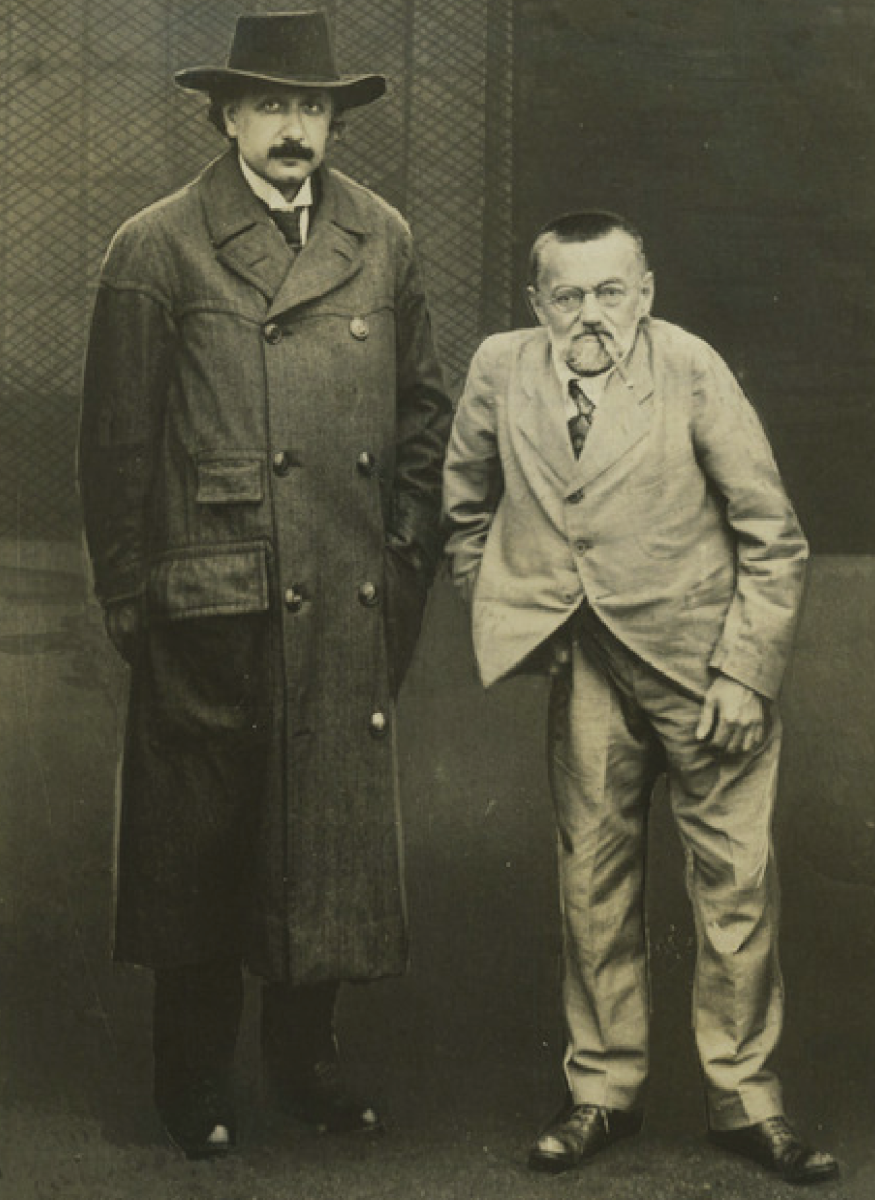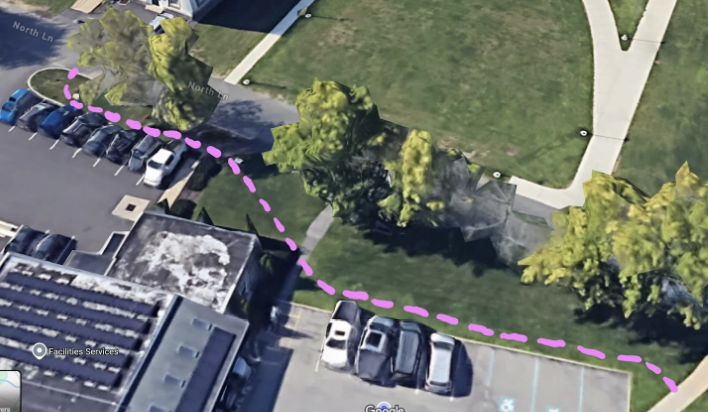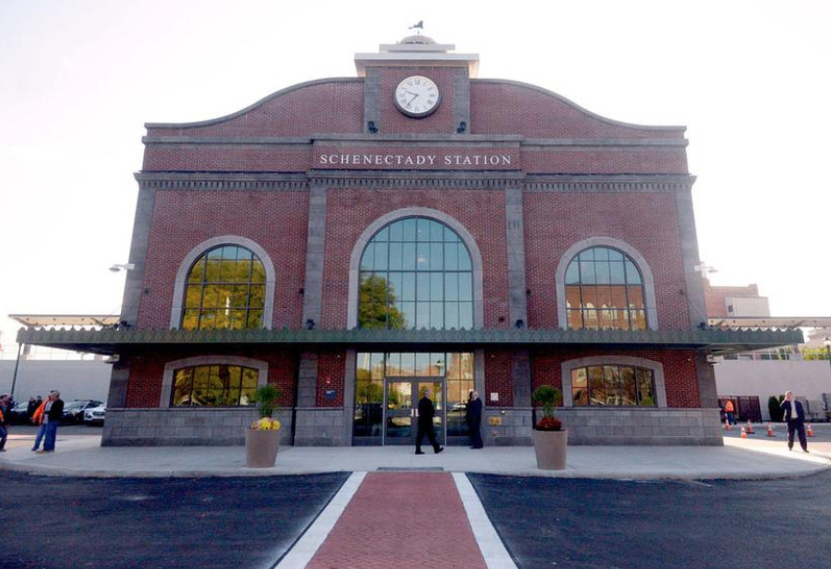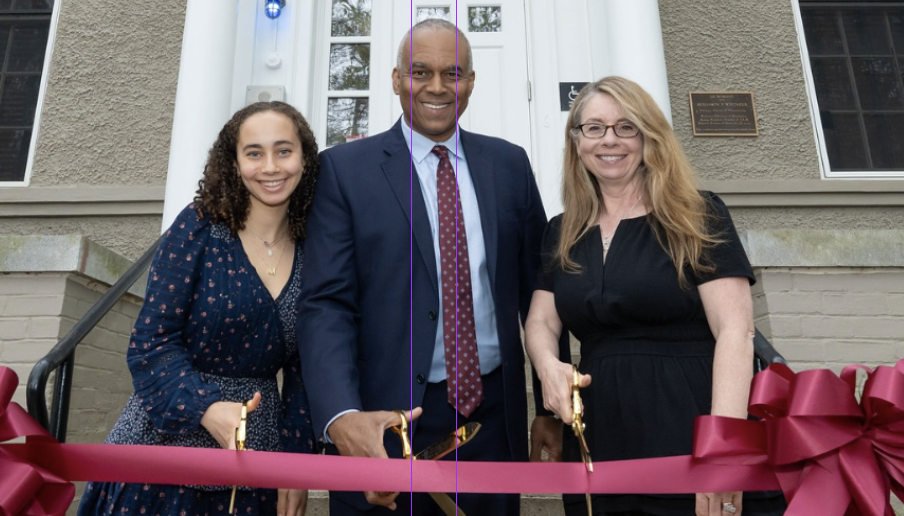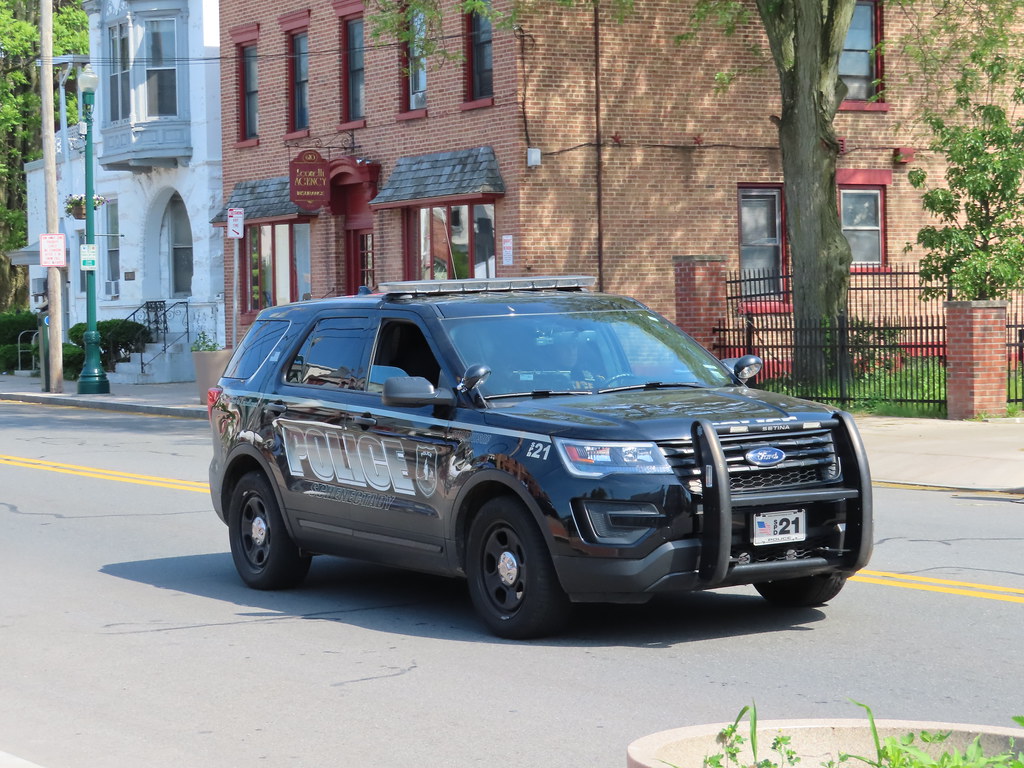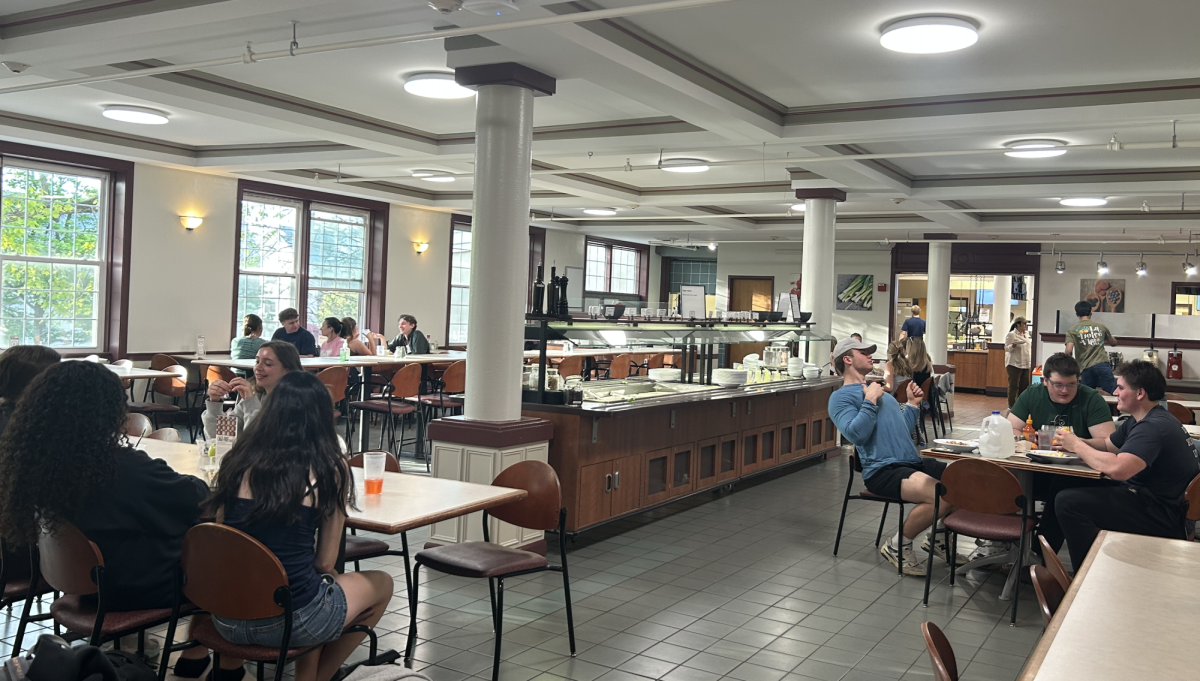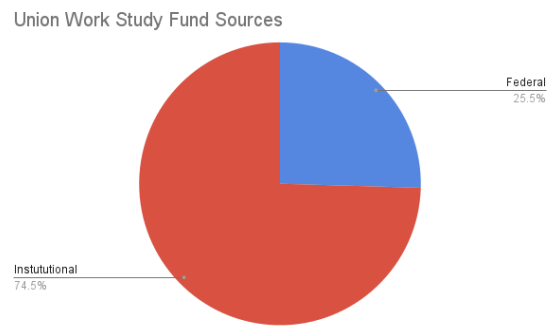
This article is the third and final part in Concordiensis’s series: The cost of Union. This series will explore how Union generates its comprehensive fee, the logistics behind Union’s financial aid packages, and the logistics behind Union’s work-study program. This article will begin by exploring the questions: what is Union’s work study program? Why is there a difference between Union’s work study wage and the New York State minimum wage?
The Concordiensis had a conversation with Linda Parker, the Director of Financial Aid, and Audrey Carlton, the Assistant Director of Financial Aid to discuss Union’s work study program.
Union’s work study program is a part of a student’s financial aid package, where students are able to work around campus and earn $1,700 to $2,200 per year. For the 2021/2022 school year, 732 students worked in on-campus work study jobs. The pay rate for every work study position is $9.70 per hour, and students typically work 7 hours per week in department offices, the alumni gym, on sports teams, and more. Students’ eligibility for work study is determined when families submit the FAFSA and CSS profiles in their financial aid applications. Not every student is eligible for work study; students who are ineligible can have on-campus employment, but their funds come from different sources and there are fewer jobs available for them.
Union’s work study wages are funded partly through federal funds and institutional funds. For the previous academic year, Union’s work study budget was roughly $1.1 million, with $280,000 from federal funds, according to Audrey Carlton, the Assistant Director of Financial Aid.
“Union College is required to ‘match’ at least 25% of those funds with institutional/nonfederal funds to pay student wage. In 21/22, our total work study earnings amounted to $1.1 million. That difference in the federal work study allotment and the total earnings is coming from the Union College work study budget.” Carlton continued.
The federal work study program mandates that Union pays its work study students at least $7.25 per hour, the federal minimum wage. “This is consistent with current [New York State] guidelines.” By contrast, the New York State minimum wage is $14.20 per hour. The Concordiensis discussed this discrepancy with Carlton and Parker, and how raising the work study wage would impact the Union community.
This discrepancy in the wage is because of Union’s work study budget. “In order to continue employing 700-750 students per academic year, averaging 7 hrs/week, Union maintains an hourly rate of $9.70 in order to: 1. remain within budget, 2. be able to offer it to as many qualifying students as possible, and 3. be able to offer enough hours to make it a meaningful opportunity,” Carlton said.
If the hourly rate rose to $15 per hour, just more than the New York State minimum wage, then several scenarios could occur. For one, the number of students on work study could decrease from about 700 students to about 350. For another, if the number of students on work study remained consistent, then students would work 3-4 hours per week versus 7, potentially harming the departments that rely on them. If students worked the same number of hours (on average, 7 hours per week) at a $15 work study wage, students would also see decreases in their financial aid. “For example, paying a student $15×210 hours = $3,150 allotted for work study in the financial aid package. This would increase the student’s self-help (loans & work study) and reduce the grant level when deducted from the cost of attendance,” Carlton said.
The college did incrementally increase the work study wage to where it currently stands ($9.70 per hour) until the COVID-19 Pandemic. This stopped because the college also saw a decrease in enrollment due to the Pandemic, thus reducing the revenue available to increase the work study wage budget. It is unknown if the work study wage will increase beyond its current amount
in the near future. Students are able to apply for work-study jobs on Handshake, a platform where students can also apply for full time jobs and internships.
For new students, the financial aid deadline is the same deadline as the student applied for admission. For current students, the deadline to submit financial aid materials is May 5th.
This article was originally published in the print edition of Concordiensis on April 20, 2023.


